Many of us have long started tending to our gardens and researching the best techniques to ensure healthy crops. And this week we’ve done part of the research for you.
We have covered several topics, from testing your soil to how to grow vegetables and fruits in buckets, you’ll find plenty of useful information for your garden here. So scroll down to find out more and remember to drop us a line in the comments section to let us know your best gardening tips.
1. Why We Use Raised Beds For Our Annual Crops
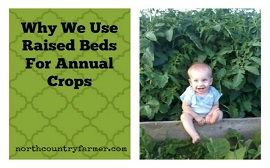
Clay ground can grow fantastic crops but our farm is wet, and wet clay is a vegetable growers worst nightmare. After several less than successful (dare I say completely failed) attempts at gardening on the new farm, we took the leap and started using some raised beds.”
Read more on North Country Farmer.
2. 15 Fruits And Veggies You Can Grow In Buckets
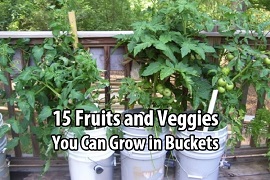
Not only is bucket gardening a great solution for people with limited space, it has many advantages over traditional gardening. You can have a greater variety of plants, you won’t have to do any weeding, you’ll have fewer pests deal with, etc. Here’s a list of the many benefits of bucket gardening.”
Read more on Urban Survival Site.
3. It Is Never Too Early To Prepare For Your Garden
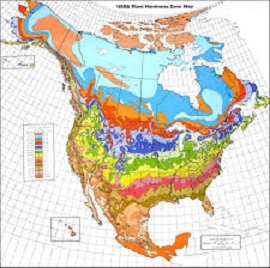
Being able to record how much you produced at the end of the year based on how much you planted will aid you in determining if you need to plant more for the following year to fill your pantry shelves. Documenting how you got rid of certain pests and what worked best for your soil is also helpful.”
Read more on Prepare Mag.
4. Uses for Nettles
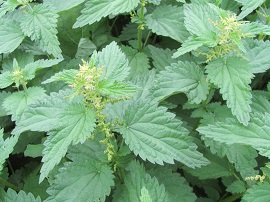
Is a called stinging because of it stinging hairs called trichomes on the leaves and stems, which act like hypodermic needles. Grow’s 3 to 7 ft tall in the summer . It bears small greenish or brownish numerous flowers.. The leaves and stems are very hairy with non-stinging hairs but many are stinging.
Time of Year: Spring through fall
Location: All of North America”
Read more on Prepper Herb of the Week.
5. DIY Garden Soil Testing
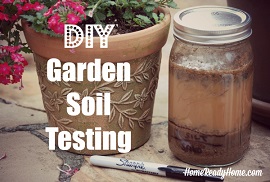
Now, before we get to planting, we need to make sure our soil is up to snuff. Good healthy plants come from good, healthy soil, so knowing the composition or structure of your soil is a good place to start. Once you know what you’re dealing with, you’ll know how to amend it. Simple, DIY garden soil testing will help you figure out what type of soil composition you have.”
Read more on Home Ready Home.
This article has been written by Brenda E. Walsh for Survivopedia.


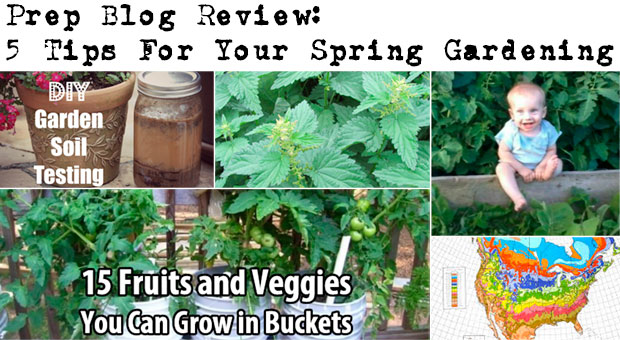




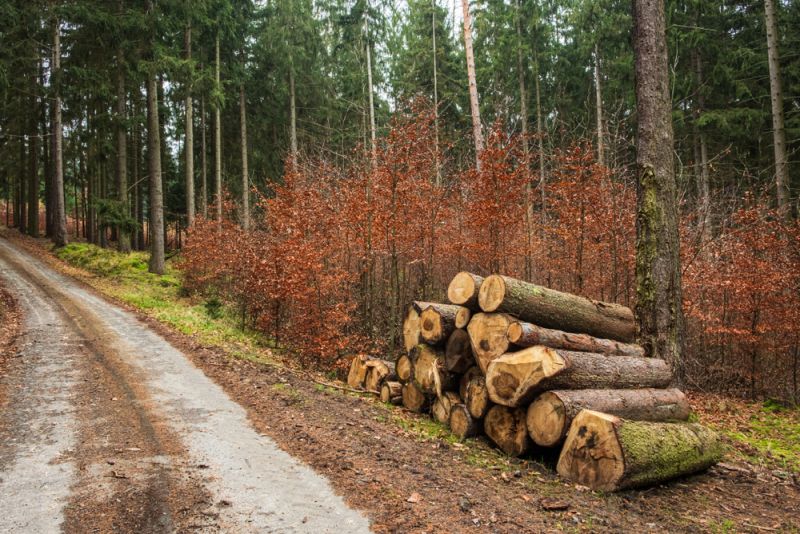


James | August 21, 2016
|
Really very good news!!! this information is really worth looking everyone. Great tips. I is going to be sharing this with all my friends! Thanks for sharing useful information.
http://rexgarden.com/